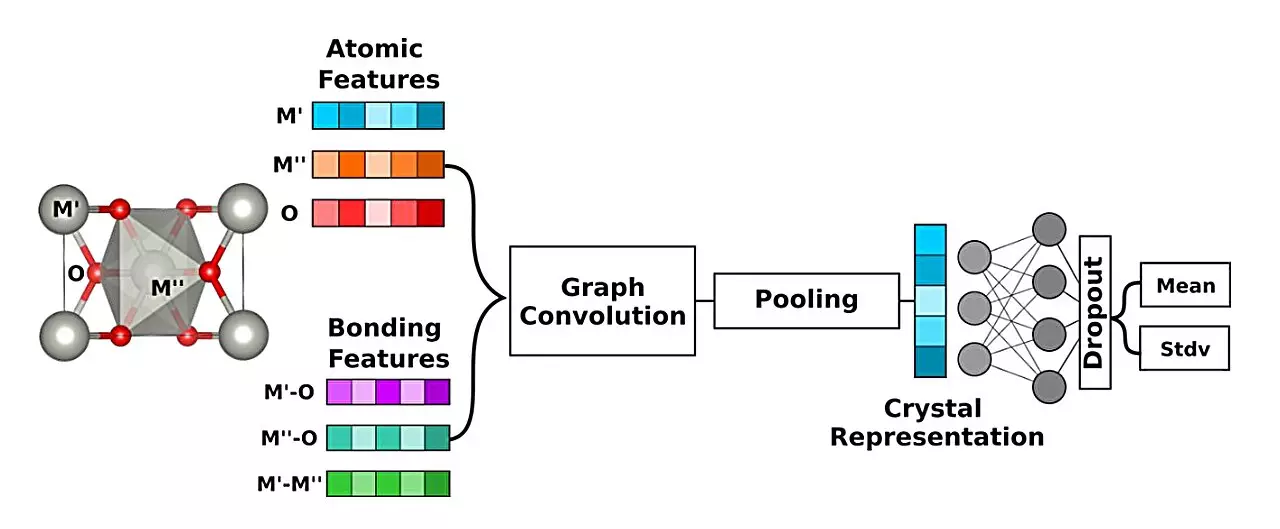Artificial intelligence (AI) has become a game-changer in the field of sustainable energy research. Researchers at the University of Toronto have successfully leveraged AI technology to expedite scientific breakthroughs in the quest for sustainable energy solutions. By utilizing the Canadian Light Source (CLS) at the University of Saskatchewan (USask), they have validated the efficacy of an AI-generated “recipe” for a new catalyst that promises a more efficient method for producing hydrogen fuel.
To generate green hydrogen, one must pass electricity from renewable resources through water between two metal pieces, causing the release of oxygen and hydrogen gases. However, the current process is energy-intensive and relies on rare and expensive metals. This dilemma has prompted researchers to search for the optimal metal alloy that can act as a catalyst to enhance the efficiency and affordability of this reaction. Traditionally, this search involved laborious trial-and-error experiments in the lab, a time-consuming process when dealing with a vast array of potential candidates.
The AI Solution: Speeding Up the Catalyst Search
Jehad Abed, a former Ph.D. student at the University of Toronto working with a team led by Edward Sargent, developed a cutting-edge computer program to streamline the catalyst discovery process. The AI program processed over 36,000 metal oxide combinations through virtual simulations to identify the most promising ingredients. Abed then conducted experimental tests in the lab to validate the program’s top candidate. Employing the CLS’s advanced X-ray technology, the team analyzed the catalyst’s performance during the reaction in detail.
After rigorous testing, the alloy composed of ruthenium, chromium, and titanium in specific proportions emerged as the clear winner. Abed affirmed that the computer-recommended alloy outperformed the benchmark metal by a staggering 20 times in terms of stability and durability. This breakthrough underscores the potential of AI in expediting the discovery of superior catalysts for sustainable energy applications. While the AI program has shown great promise, the newly developed material must undergo further testing to ensure its viability under real-world conditions.
The successful application of AI technology in accelerating the search for sustainable energy solutions marks a significant milestone in the field of energy research. The ability of AI to rapidly assess and identify optimal catalysts paves the way for a more efficient and cost-effective transition to green energy sources. Researchers are optimistic that AI will continue to play a pivotal role in expediting the development of sustainable energy technologies and making green energy a practical and widespread reality. By harnessing the power of AI, we are poised to usher in a new era of innovation and progress in the realm of sustainable energy.

